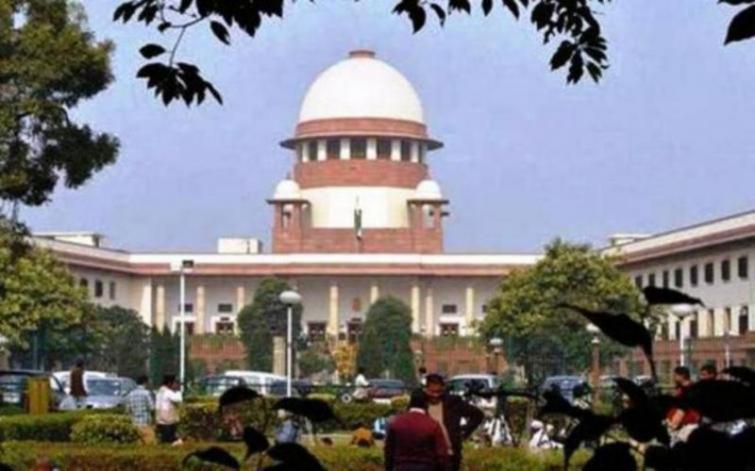
Supreme Court orders mediation in Ayodhya land dispute case
New Delhi, Mar 8 (IBNS): A five-judge bench, headed by Chief Justice of India Ranjan Gogoi, of Supreme Court on Friday ordered mediation in the politically-sensitive case which pertains to whether Ram temple can be built in the disputed land of Uttar Pradesh's Ayodhya where Babri Masjid stood till 1992, media reports said.
The top court named spiritual leader Sri Sri Ravishankar, senior lawyer Sriram Panchu and Justice FMI Kalifullah in the mediation panel.
The mediation panel will have to submit a progress report in next four weeks while the next hearing on the case will take place after six weeks.
CJI said he sees no legal obstruction in the mediating process.
The mediation will take place in Faizabad, a city in Uttar Pradesh.
What happened in Ayodhya and why the case is significant?
In 1992, the disputed Babri Masjid structure was brought down by several right-wing volunteers who believe Lord Ram was born on that site.
On Sept 27, the apex court had refused to re-visit its 1994 verdict which had stated mosque was not important for Muslims to offer prayers, paving way for the hearing of the Ayodhya case.
The verdict, if passed prior to 2019 General Elections, will be a boost for the BJP, whose political commitment was building the Ram temple in Ayodhya.
Modi wants to wait for verdict:
Though several right-wing organisations had demanded an ordinance be passed by the central government to construct Ram temple in Ayodhya, Prime Minister Narendra Modi said he will wait for the verdict to come.
Citing the government took action over triple talaq only after the top court verdict, Modi, in an interview with ANI, had said: "I urge Congress people to allow the court proceedings to take place over the Ram temple case in the Supreme court. After the verdict comes, the government will initiate its action."
Support Our Journalism
We cannot do without you.. your contribution supports unbiased journalism
IBNS is not driven by any ism- not wokeism, not racism, not skewed secularism, not hyper right-wing or left liberal ideals, nor by any hardline religious beliefs or hyper nationalism. We want to serve you good old objective news, as they are. We do not judge or preach. We let people decide for themselves. We only try to present factual and well-sourced news.







